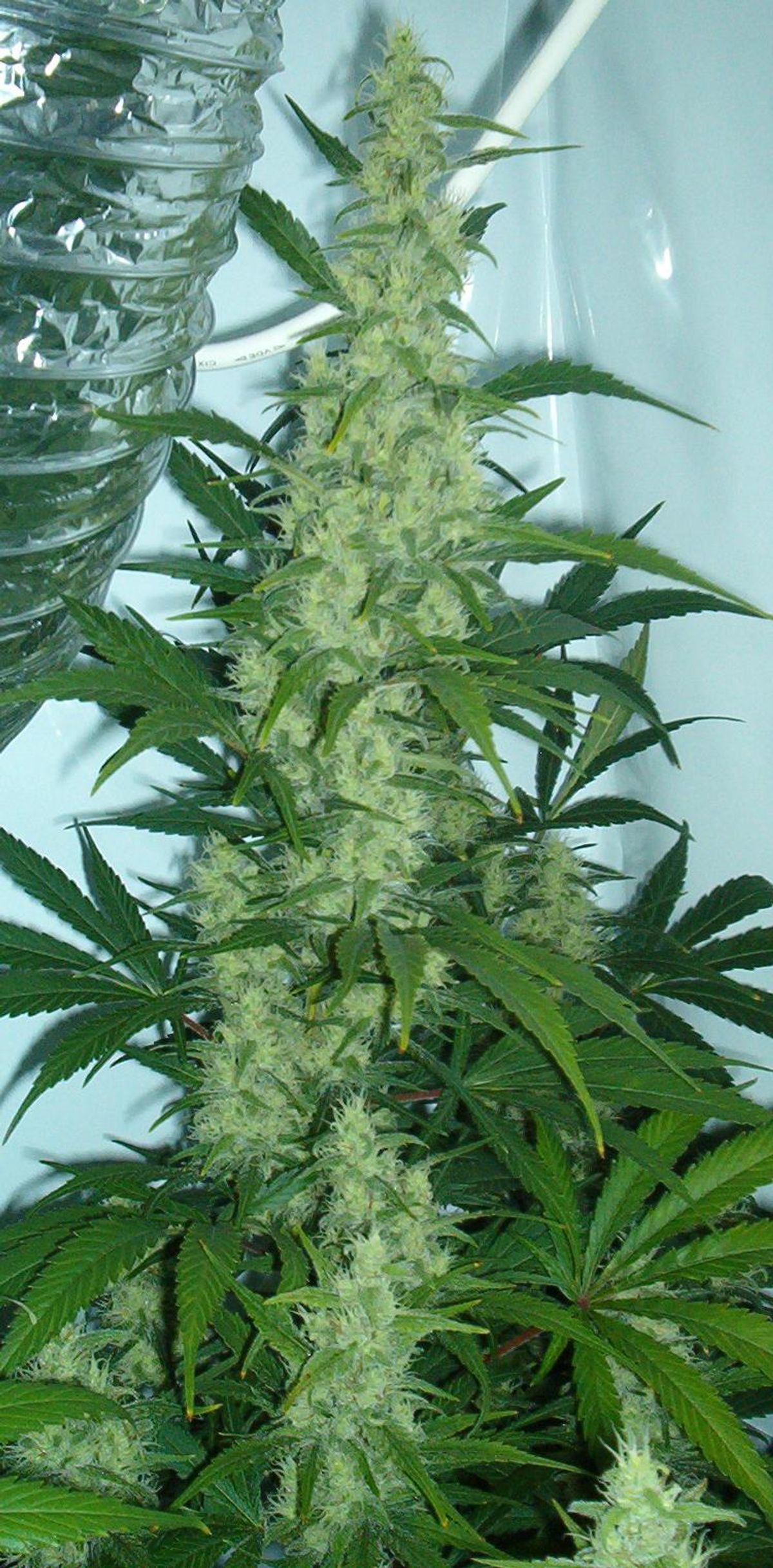April 20 (4/20) -- the date unofficially recognized nationwide as marijuana day -- is probably as good a time as any to explore how marijuana arrests in the Unites States exemplify racially skewed policing tactics.
"Young black people are arrested at seven times the rate of young white people for marijuana. But every government survey on this has shown that young white people use marijuana more than blacks or Latinos," Harry G. Levine, professor of sociology at Queens College, City University of New York, told Salon.
A survey by the U.S. Department of Health and Human Services, for example, showed that among people aged 18 to 25, the percentage of whites who had used marijuana in their lifetime was around ten percent points higher than the percentage of blacks. Similarly, more young whites had used marijuana within a month of answering the survey than had young black people.
Levine, who has extensively researched racial-bias in marijuana arrests, explained that drug laws are not discriminatory, "it’s the enforcement that’s skewed."
In all major cities and counties across the country, Levine said, police are overwhelmingly deployed to low-income neighborhoods, which are overwhelmingly black and Latino. They are sent out to fill quotas (the potentially dangerous effect of which was well documented by a Village Voice investigation last year into a Brooklyn police precinct) and quota demands mean that, as Levine put it, "the bulk of police activity is generated over very petty offences, like marijuana possession."
A California-focused report Levine helped produce for The Drug Policy Alliance (DPA) in 2010 called "Targeting Blacks for Marijuana" argued that racially-biased arrest numbersare not largely a result of personal racism on the part of individual police officers, but rather that there is “a system-wide phenomenon,” occurring in every county and nearly every police department in California, New York and elsewhere.
"The mistake I see in the mainstream press is talking about 'bad apple' police," Levine told Salon. "They love bad apples. But everyday in New York, for example, there are 100 marijuana arrests, which are overwhelmingly of black people... It doesn’t make sense to talk about bad apples."
In many states, including New York, Ohio, Oregon, Maine, California and more, marijuana possession is not illegal. Crucially, however, even in such states, being caught possessing even one joint can have devastating consequences.
In California, for example, people arrested for marijuana possession are only charged with a misdemeanor (usually for violating section 11357 of the California Health and Safety Code), but these misdemeanors are nonetheless legally "crimes" and produce criminal records.
Such records are nearly impossible to expunge and are almost always checked by employers and often landlords.
"For young, low-income African Americans and Latinos -- who use marijuana less than young whites, and who already face numerous barriers and hurdles -- a criminal record for the "drug crime" of marijuana possession can seriously harm their life chances. Some officials, such as U.S. Representatives Steve Cohen and Sheila Jackson Lee, have termed the stigmatizing effect of criminal records for marijuana possession a modern 'scarlet letter'," the Drug Policy Alliance report noted.
The question of what can be done to change this pattern is a difficult one. As Levine put it, marijuana arrests are now "an intrinsic part of policing". He noted that in 2010, one in seven arrests in New York City were marijuana possession arrests and Baltimore, Philadelphia, Cleveland, Dallas and many other cities have similarly high rates.
What is clear, however, is that the media must stop talking about "bad apples" and pay attention to the statistics, which point to a disturbingly widespread racial-bias when it comes to who is punished over marijuana.



Shares